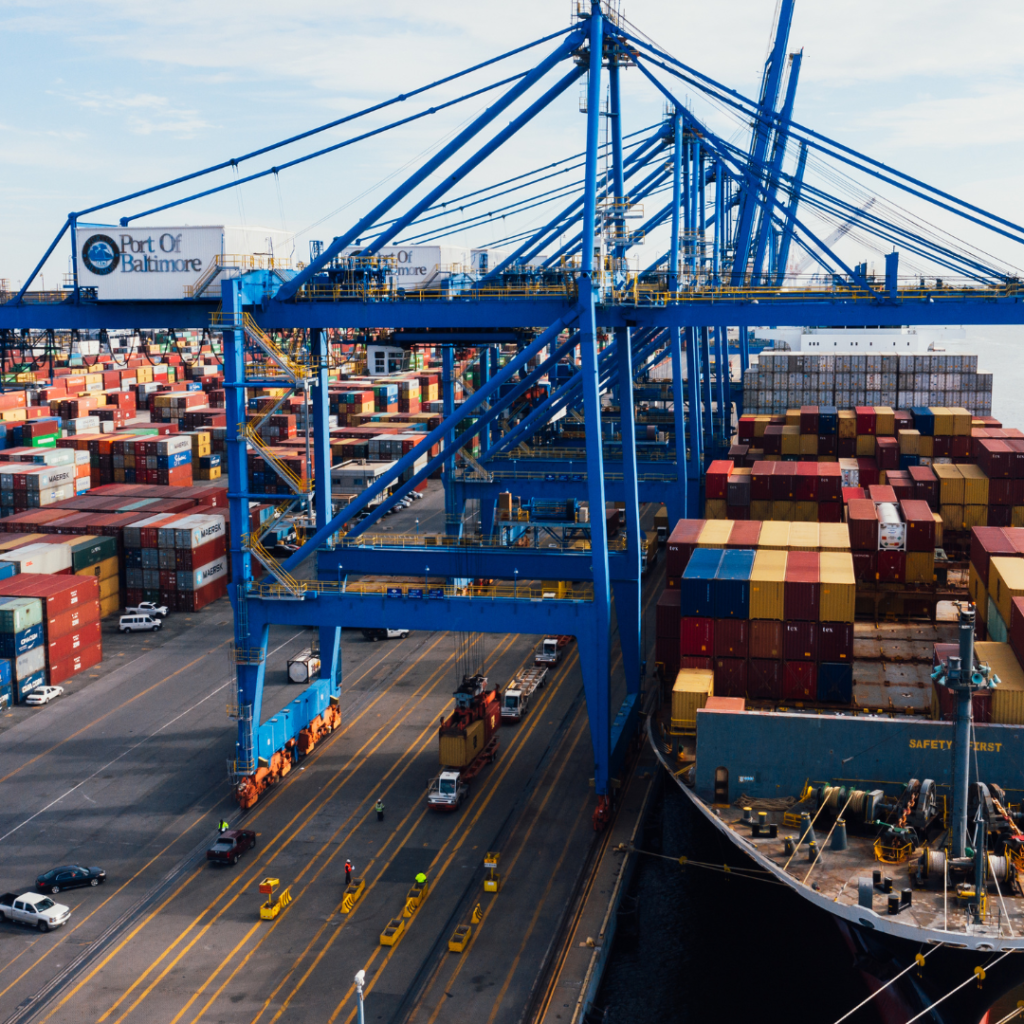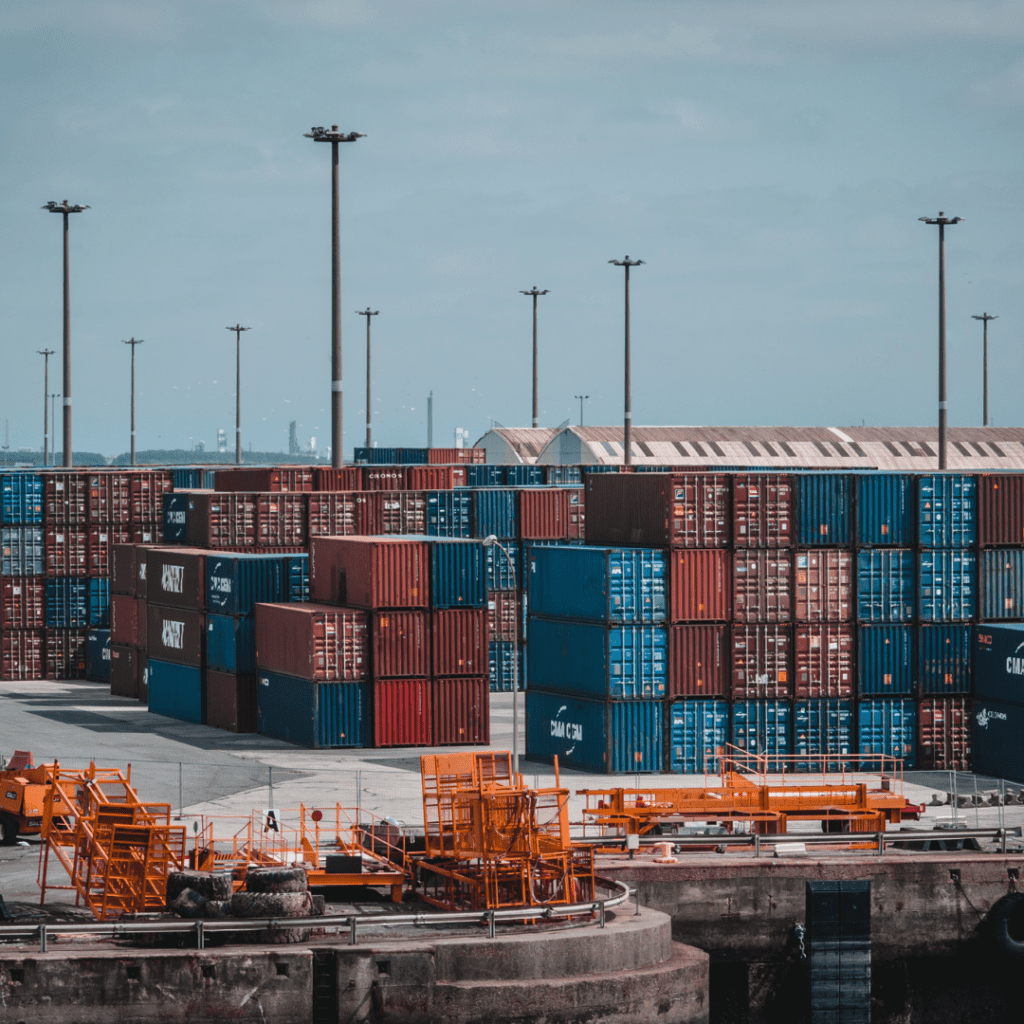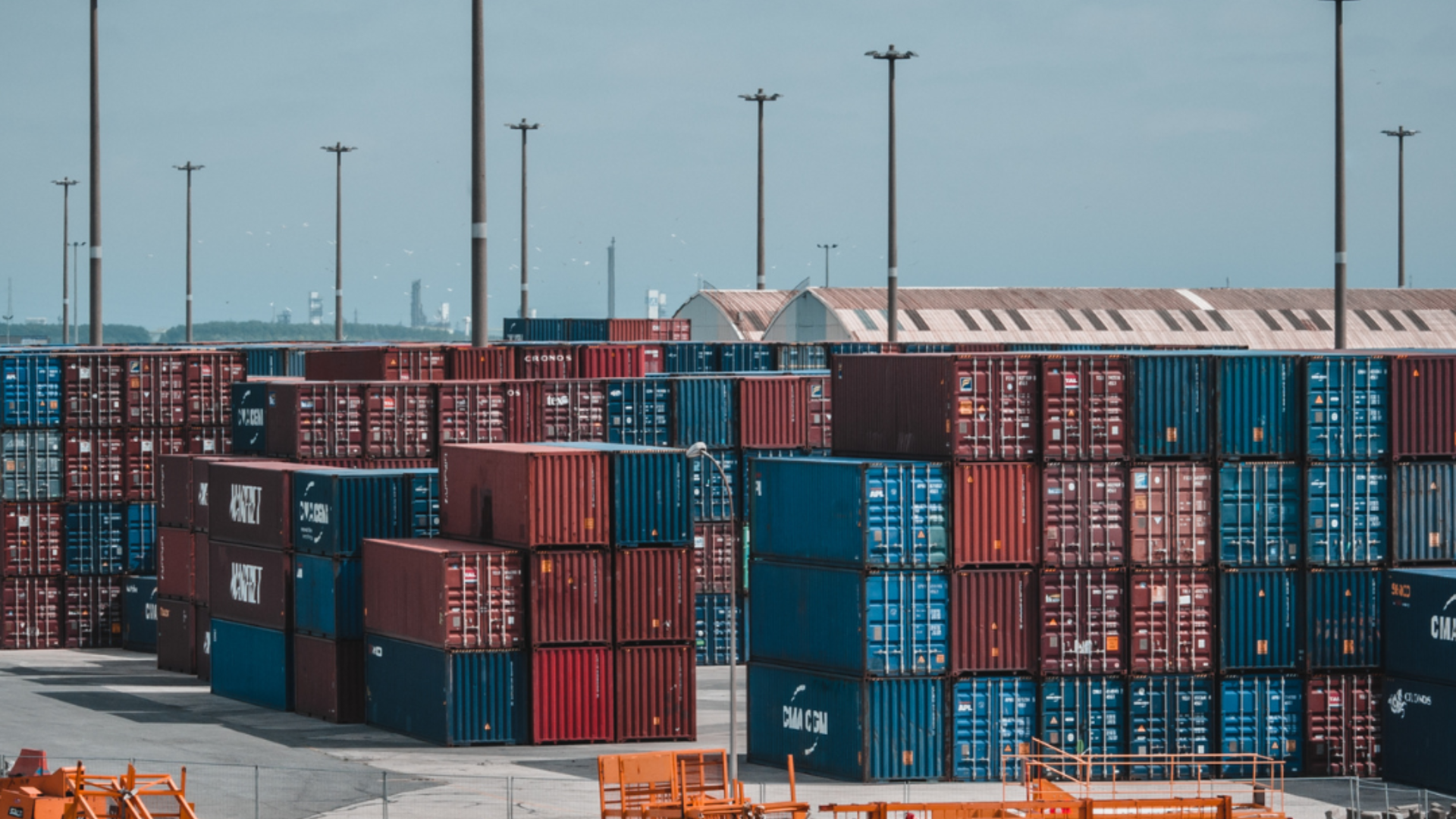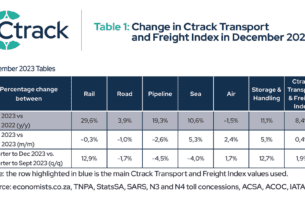Ongoing delays caused by a serious backlog at the largest port in the country, the Port of Durban, is plunging the South African logistics system in disarray. This may lead to increased prices in consumer goods and, in a worst-case scenario, a shortage of certain products come Christmas and the back-to-work, back-to-school period.
“We have heard forecasts that it could take up to three months to clear vessels that are currently anchored at the Port of Durban,” warns Roy Thomas, Operations and Logistics Director at exporter/importer Hume International.
“This spells bad news for consumers during the upcoming festive period, especially given heightened demand over the period, as well as the fact that most families are looking to stretch limited budgets even further this year. Unfortunately, consumers should brace for a rocky few months ahead.”
Aggravating the situation, a number of freight carriers are now levying additional charges against importers owing to the delays caused by the Port of Durban. While these fees have not yet been levied against frozen and refrigerated cargo, the added fees are impacting products in the dry ingredient product category such as powdered eggs.
“Unfortunately, importers simply do not have the ability to absorb this increase in costs, and have no choice but to adjust prices accordingly. This in turn has a knock-on impact throughout the supply chain and, ultimately, consumers will be left holding the bag.”
Inbound vessels are busy being diverted to other ports to alleviate the situation, but Thomas believes that these ports may also lack the necessary capacity to deal with the strain of a rapid increase in freight traffic efficiently.
“In line with our strategy to allocate some of our freight away from Durban, we have been engaging with our supplier base to develop a plan that will allow us to continue to ship products to South Africa to keep the supply chain moving. For example, Hume International is currently looking at diverting cargo from Durban to Port Elizabeth and Cape Town.
“However, this is not a silver bullet, and the costs for these changes are substantial for cargo that is already en route or waiting to enter the Port of Durban.”
Exporters such as the citrus industry have the option of sending freight via road to Port Maputo in Mozambique for further transportation. However, this option is closed to importers, as regulations set out by the Department of Agriculture, Land Reform, and Rural Development (DALRRD) do not allow for the importation of containers into South Africa through Mozambique or Namibia.
“Until the matter at the Port of Durban is resolved, Hume International will continue to be in conversation with our international suppliers and clients regarding the expected ETAs of the orders, and we are doing our best to assist those who’ve been negatively impacted by port delays. This said, it does seem increasingly likely that many importers’ clients will miss their deadlines to have stock in-store before Christmas,” he concludes.






